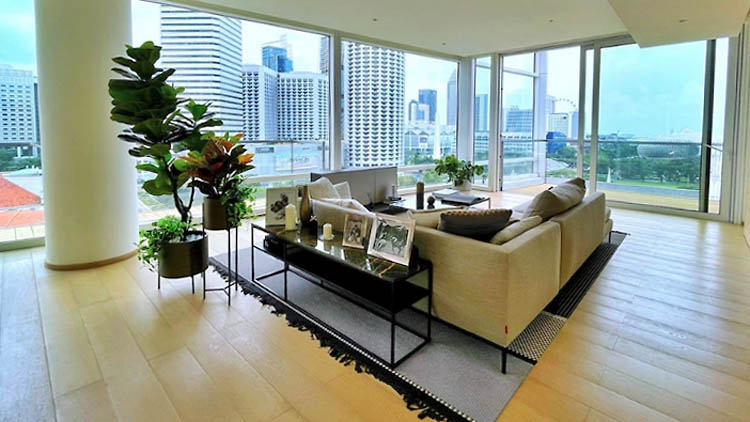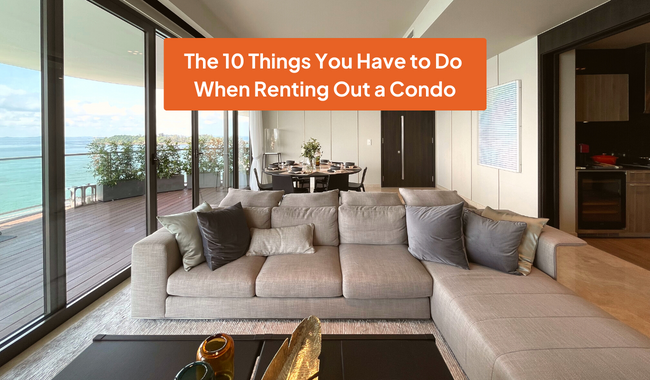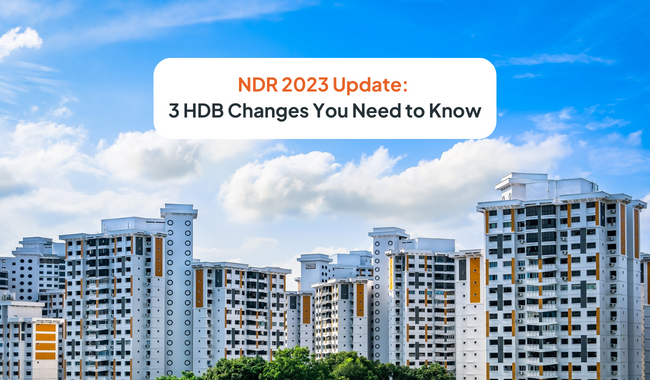It’s possible to get into property investments even if you don’t have a few million dollars lying around – but you must be prudent about it. The best property investment strategy is one that will work well within your financial capability, investment objectives and risk profile.
It is also necessary to understand the factors that will affect the property market and how you can take advantage of these pieces of information to make the right decision for yourself. Here’s a quick read for those who want to dip their toes into the property game.
What affects Singapore property prices?
Singapore’s residential property market is very much influenced by the state of its economy, property measures and interest rates.
The economic growth will determine the income growth and the unemployment state of the country, so it will have a great impact on the property market. Furthermore, the fear of unemployment may discourage buyers, especially investors, from entering the property market.
Singapore’s property cooling measures were first introduced in 2009. These were government policies aimed to encourage fiscal prudence in residential property purchases and prevent the rapid escalation of property prices that are wildly deviant from Singapore’s economic fundamentals. In the past decade, the measures introduced include: Additional Buyer Stamp Duty, Seller Stamp Duty, Loan-to-Value and Total Debt Servicing Ratio.
Lastly, interest rates have a significant effect on the real estate market as they affect both the cost of taking a mortgage from the bank to fund the property purchase, and the relative attractiveness of the property purchase versus other investment alternatives.
How do you make money from property?
The most common way real estate offers a profit: It appreciates — that is, it increases in value. This is achieved in different ways for different types of property, but it is only realised in one way: through selling.
Another way to earn money is through rental, and this can be split into residential and commercial rent.
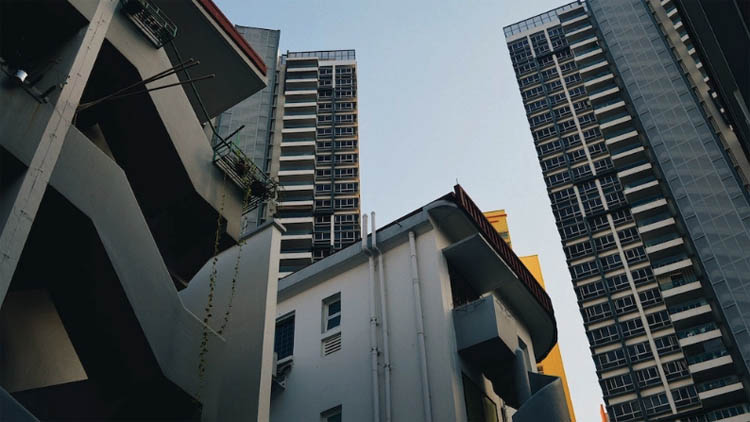
Most of residential property income comes in the form of tenancy rent. Your tenants pay a fixed amount per month—which will go up with inflation and demand—and you take out your costs from it, claiming the remaining portion as rental income. The same applies for commercial property income, where an accessible location is important to ensure that you can secure tenants easily.
The last alternative would be Real Estate Investment Trusts (REITs). With a REIT, the owner of multiple commercial properties sells shares (often publicly-traded) to investors (usually to fund the purchase of more properties) and then passes on the rental income in the form of a distribution. The REIT is the landlord for the tenants (who pay rent) but the owners of the REIT record income once the expenses of operating the buildings and the REIT are taken out.
5 property hacks to spot
Relevant entry price
Disclaimer: a relevant entry price does not necessarily equate to a cheap entry price.
This is a trap that many buyers fall into: finding a resale property that’s priced below the market rate, and pouncing on the opportunity.
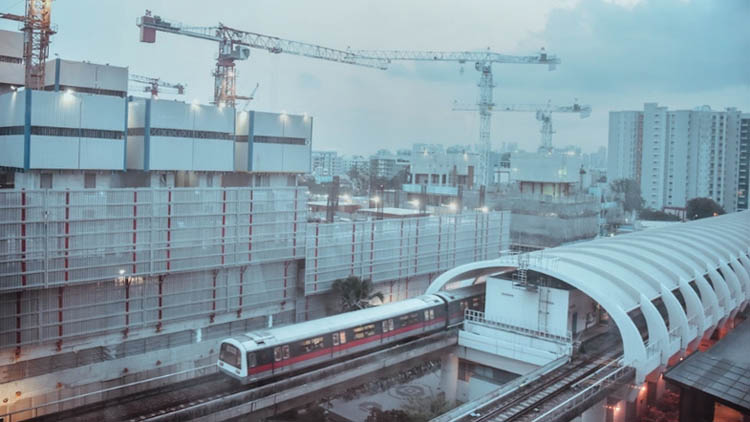
More often than not, each property is given its particular price tag for a reason – perhaps, for instance, the property is too old for the next buyer to market it for sale, the number of years left is dwindling, or the neighbourhood is declining.
Think about it this way: If you’re buying an “undervalued” property, what are the chances that it’ll be marketable when you try to mark up its value for sale? An old adage can be applied here: if it’s too good to be true, it often is.
Location
Pick a good location and you’ll find yourself enjoying the capital appreciation of your property naturally.
Sounds easy? The challenge lies in identifying the ideal locations – this means not just evaluating the appeal of the area now, but also how it’ll transform in the future – take for example, the Greater Southern Waterfront or Punggol Digital District.
However, a caveat is that the transformation of an area is a process that could easily span more than a decade, which means you’ll need to have the holding power (and patience) to maximise your property’s capital appreciation potential.
Demand and supply
From the very moment you’re thinking about buying, you should also be thinking about selling – more specifically, how well the property will be able to sell.
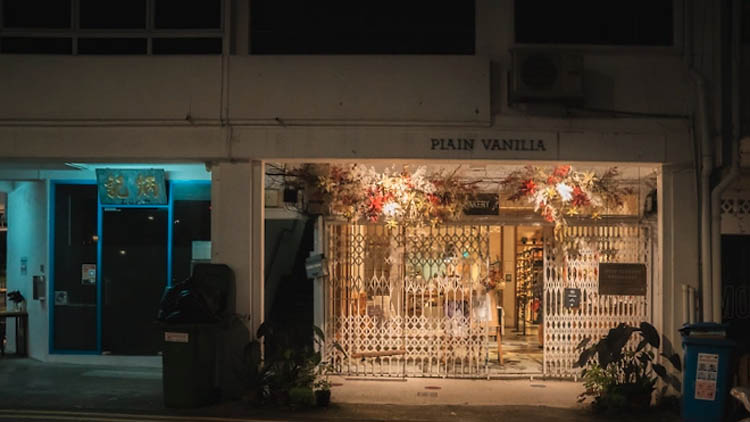
Some questions you can consider would be: on a micro scale, how many units does the development have? Is it too large that it’ll throw the demand and supply off-balance?
From a macro perspective, how many projects are there in the area? This gives you an idea of how many other sellers you’ll be competing with when you decide to sell your property, especially if it those around you are nearing the minimum occupancy period (MOP).
Signs of gentrification
If you don’t know what the word “hipster” means, take a walk along Tiong Bahru or Lavender. Some of the more inaccessible and ‘older’ places are actually home to pricey cafes. At the same time, you may notice some of the corner shops are actually high-end boutiques that ironically retain its low-end appearance.
Gentrification is one of those things that happens organically – it’s seldom planned by the town council or government. This is why you need to walk around and check with your own eyes, rather than just relying on the Urban Redevelopment Authority’s (URA) master plan.
Major redevelopment plans
Think Tengah ‘Forest Town’ or the High Speed Rail (HSR) in Jurong for the large projects and the upcoming MRT lines across the island as smaller plans. In general, property prices in Singapore are closely tied to the government’s infrastructure initiatives.
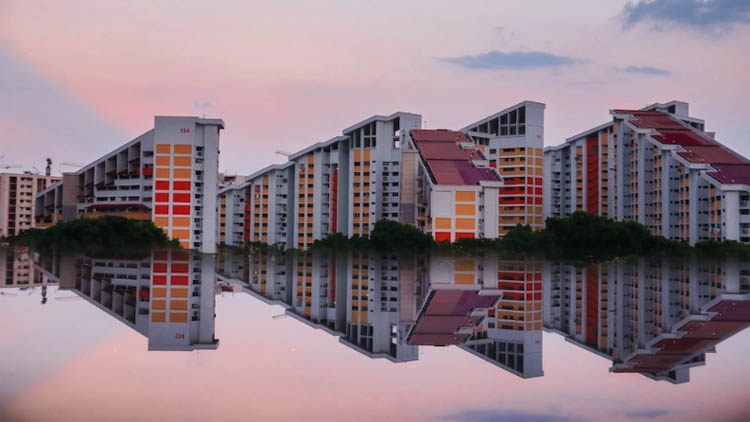
Some key things to look for are:
- The development of business hubs, such as tech parks and offices; this raises employment in the area, aiding both rental prospects and home values
- Major park and recreation zones
- Factors that alleviate traffic and noise, such as “Car lite” designations, which will appeal to residents and tenants
- Development of education institutions
To read more about these, you can find comprehensive topics on the URA website.
Conclusion
All-in-all, real estate prices depend on the fundamentals of demand and supply of the market and operate in a cyclical manner.
As such, it is important to analyse all of the factors as well as the broader market and economic conditions to get the right strategy and to ascertain the best buy for your housing objectives or property investment portfolio.
If you are looking to buy a home, do call us at 6886 9009 for a free consultation.
This article was originally published on Planner Bee, your handy financial planning app! Learn more about managing your money, investments and insurance on Planner Bee’s blog.






















































